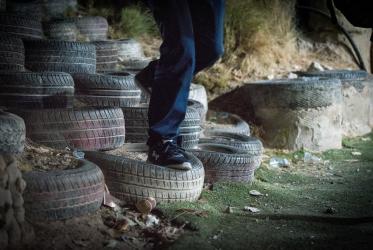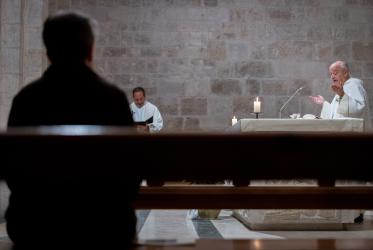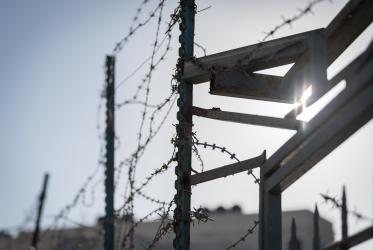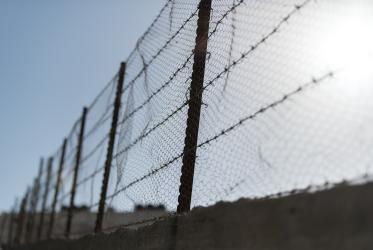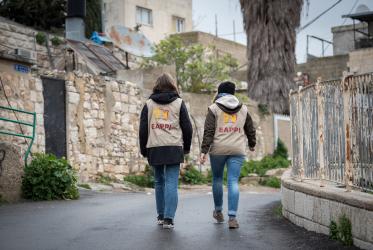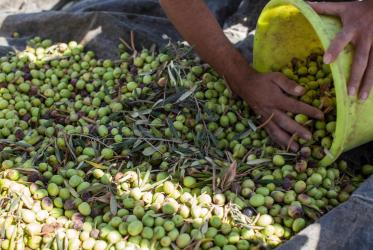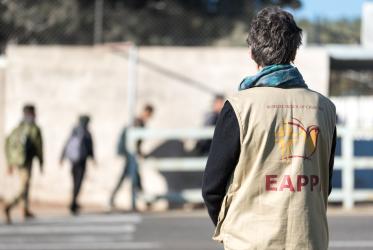Anzeigen von 1 - 20 von 105
Stimmen der Standhaftigkeit inmitten der Zerstörung
25 März 2024
Words of steadfastness ring from the rubble
21 März 2024
Violations of human rights escalate in Masafer Yatta, Jerusalem
30 November 2023
Violence against Palestinians is rising in the West Bank
16 November 2023
„Die Menschen wollen ohne Angst und ständige Übergriffe leben“
31 Oktober 2023
„Besetzung kann nicht ewig dauern“
29 Oktober 2023
“The occupation can’t last forever”
25 Oktober 2023
“They want to live without fear and constant harassment”
25 Oktober 2023
Kids Feel Safe Going to School when EAs are Present
23 Oktober 2023
Ecumenical accompaniers report growing violence against Palestinians
21 September 2023


